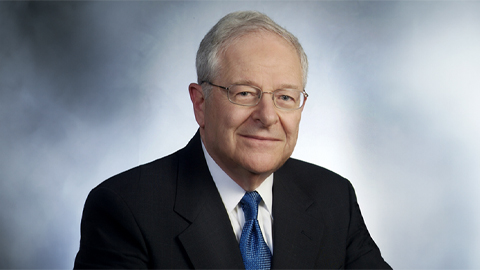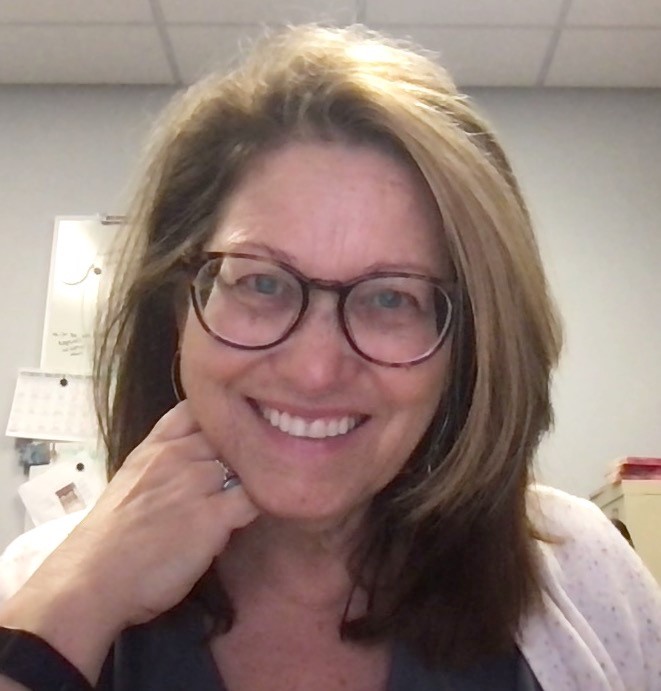How to help students learn — and thrill your department chair
Choosing a career in academics? While most scientists are reasonably well-prepared to embark upon research careers, many have far less experience in teaching. The pleasure of observing students learn is as rewarding as research, although it might seem the results are less tangible. But with a tiny bit of effort, you can demonstrate evidence!
Like research, excellent teaching requires knowledge of what works. There are many ways to engage students in the classroom and abundant resources to help those wishing to find new ways to teach: Symposiums, workshops, networking events and teaching clubs on your campus are just a handful. (See the American Society for Biochemistry and Molecular Biology website!)
Once you have embarked upon a course plan, how do you know if you are doing it well? Typically, faculty members summarize student evaluations, provide examples of syllabi and exams, and solicit feedback from colleagues. These data are important. However, student learning is the real proof, and assessment of student learning is no more mysterious or challenging than research.
Planning experiments and acquiring results to demonstrate a hypothesis are hardwired into a well-trained scientist, yet a similar approach for teaching is often eschewed by those who find assessment boring or a waste of time. It is not.
Every course should have clearly defined and articulated learning outcomes. These goals should allow you to ask questions or plan exercises to evaluate the output from students against the goal. You don’t need to test everything. For example, an exam answer might be graded using a rubric, which determines at what level of competencies students understood a specific concept. Answers to pre- and post-activity questions also can be measured for learning. If you can collaborate with colleagues, a similar question asked of both freshman and seniors will provide a measure of student learning as they progress through the program. Disappointing results should not be taken personally but rather as an opportunity to reflect upon the problem: What should be changed or could be different?
Just as you would work in partnership with a research colleague, you should try to collaborate with colleagues on your campus or at other institutions to expand your pedagogical training. Networking by faculty at primarily undergraduate institutions has proved to be especially useful and effective at forming learning faculty communities that are both useful and fun. This coordination of faculty to review and reflect on program goals and student learning is surprisingly informative. From these conversations emerge recognition of clear success or the need for reform and continuing discussions about the students and programs.
Reflecting upon your assessment will provide real information that you will find helpful in crafting and adapting your courses. Coupling your assessment with others’ within your program or major provides a clear picture of how student learning has progressed. Aligning the learning in your classroom with that of the other courses that comprise your program will lead to the thoughtful evaluation, change and implementation needed for your program and students to flourish.
So how to thrill your chairperson? The mere act of providing to your chair and other administrators a clear outline of what you want students to learn and how you have achieved the goals will be met with cheers of delight. Accreditation of institutions of higher learning has changed, with a more holistic emphasis on programs rather than individual courses. Program goals and outcomes need to be defined, and evidence of learning must be aligned to the goals. Furthermore, community, state and federal regulators want proof that you are using funds wisely, especially during these times of diminishing state and federal resources. With planning and nearly painless effort, you can easily document how your efforts have resulted in success.
Sharing your goals and evidence in your annual reports and program reviews will confirm your work, delight your chair and maybe even please your dean.
Enjoy reading ASBMB Today?
Become a member to receive the print edition monthly and the digital edition weekly.
Learn moreFeatured jobs
from the ASBMB career center
Get the latest from ASBMB Today
Enter your email address, and we’ll send you a weekly email with recent articles, interviews and more.
Latest in Careers
Careers highlights or most popular articles

Grad students: Get to know your program coordinator
They provide advice about interviews and admissions, curriculum, degree requirements, graduate program policies and information, campus services and more.

Upcoming opportunities
Molecule of the year nominations are due Friday! Plus: A new Finding the Funds webinar and LRD seminar are coming up later this month.

Consider an undergraduate summer research internship in government
Our careers columnist offers a rundown of agencies that can provide you with a couple of months of lab experience.

Upcoming opportunities
Putting ASBMB conferences on your radar! Plus: Award nominations are due Friday.

Upcoming opportunities
Putting ASBMB conferences on your radar! Plus: Award nominations are due Friday.

Retiring a research lab
Careers columnist Courtney Chandler talks to Art Spector, a former principal investigator, about making a graceful exit from the bench.

